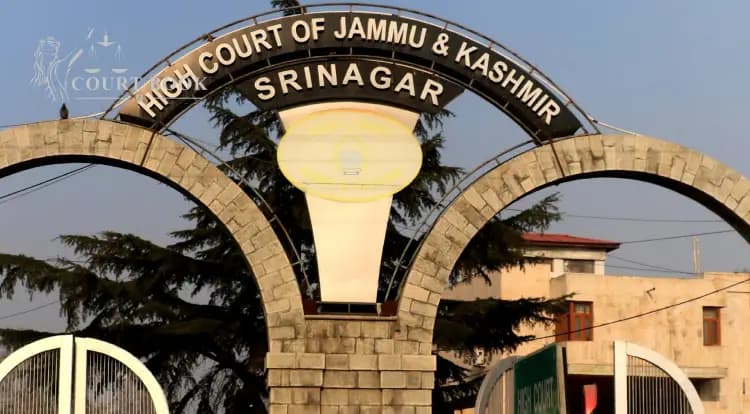The High Court of Jammu & Kashmir and Ladakh has clarified an important employment law principle: the doctrine of "no work no pay" does not apply when an employee is kept away from work due to the employer’s actions or omissions. A Division Bench, consisting of Justice Rajnesh Oswal and Justice Mohammad Yousuf Wani, made this observation while dismissing an appeal by the J&K Horticulture Produce Marketing and Processing Corporation (J&K HPMC).
The case stemmed from the government's introduction of a Voluntary Retirement Scheme (VRS) for employees of state undertakings, including J&K HPMC. As per Clause 5(iv) of the scheme, benefits were to be paid within 60 days of the acceptance of voluntary retirement, after clearing employee dues. Employees responded to the scheme, and J&K HPMC accepted their VRS offers effective from April 10, 2013, although formal orders were issued only on May 17, 2013.
Despite accepting the VRS, the corporation failed to pay the promised dues on time. This forced the employees to file a writ petition seeking their payments. During the litigation, the employees were reinstated by an order from the Writ Court. They then amended their petition to demand salaries for the period they were kept out of service.
Read Also:-Justice Arun Palli Sworn In As Chief Justice Of Jammu & Kashmir And Ladakh High Court
The Division Bench noted that the employees’ forced absence was solely due to the corporation’s failure to fulfill its obligations. The court firmly rejected the corporation's argument that "no work no pay" applied.
In its judgment, the Court stated:
"The principle of 'no work no pay' can be put into operation when the employee remains out of service because of his own act/omission/fault. But when an employee is kept away from the work by any act or omission on the part of the employer, the employee cannot be denied salary on the principle of 'no work no pay.'"
The Court emphasized that the employees were willing to work, and it was the corporation's delay and negligence that kept them away from their duties. Moreover, the Court drew support from several Supreme Court rulings, including Commr., Karnataka Housing Board v. C. Muddaiah, (2007) 7 SCC 689, where the Apex Court clearly held that "no work no pay" does not apply if an employee is prevented from working due to no fault of his own.
Additionally, the court referenced the cases J.N. Srivastava vs. Union of India and Union of India vs. K.V. Jankiraman, where similar principles were upheld.
Summing up the case, the High Court concluded:
"The learned Writ Court has arrived at the conclusion that the respondents were kept away from work by the authorities after accepting their offer of voluntary retirement, and as such, they are entitled to salary for the intervening period. There is no illegality in the judgment passed by the learned Writ Court."
Finding no merit in the appeal, the Division Bench upheld the Writ Court's judgment and dismissed the corporation's appeal. The court also noted that there would be no order as to costs.
This decision reaffirms that employers must bear responsibility for their actions and cannot deny wages by invoking "no work no pay" when employees are kept out of work due to employer’s lapses.
Case Title: J&K HORTICULTURE PRODUCE MARKETING AND PROCESSING CORPORATION Vs ABDUL RAZAK MALLA & OTHERS















